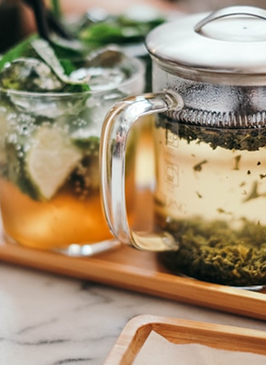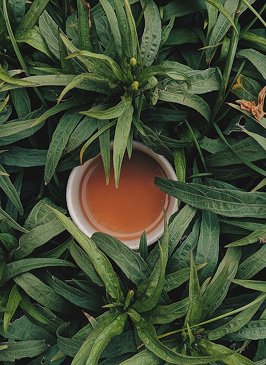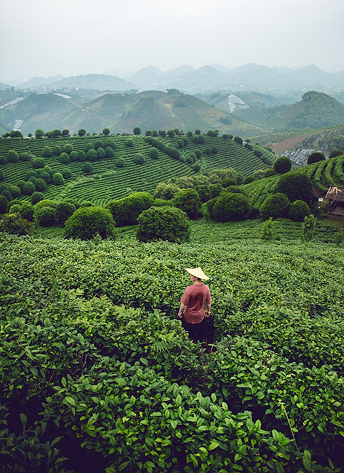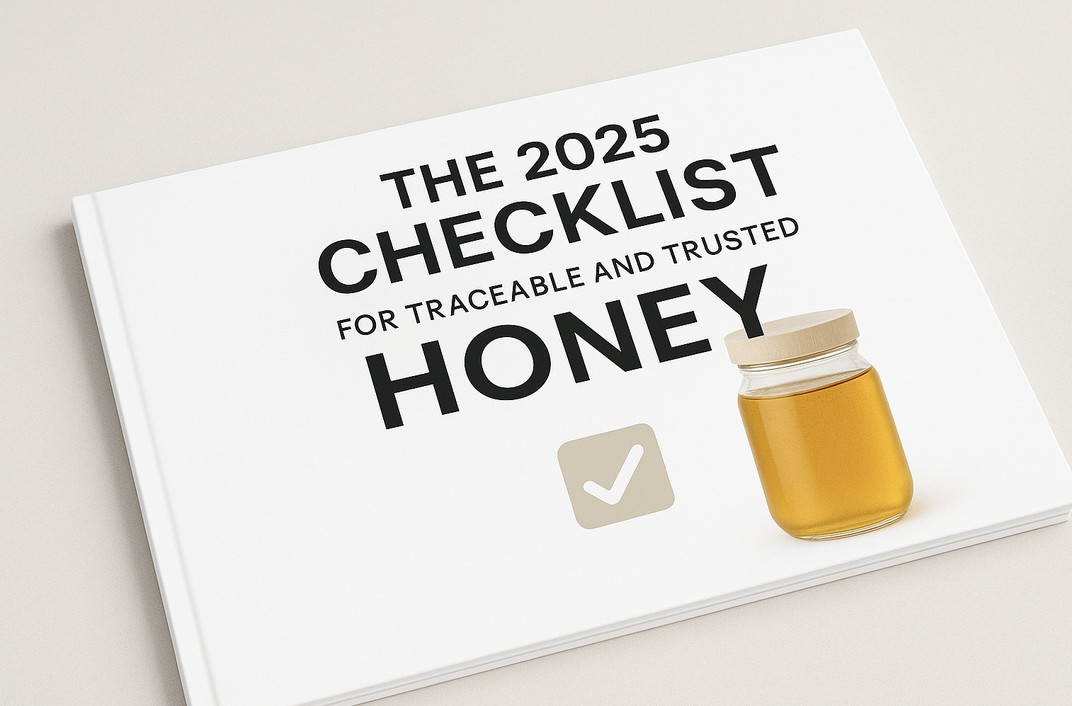A Closer Look
Tea Overview




Tea
Behind the Label: What Tea Really Tells Us
Tea is the world’s most consumed beverage after water — with over 3 billion cups enjoyed daily. It supports millions of farmers across Asia, Africa, and Latin America and represents a $50+ billion global market (FAO, 2022). Yet despite its reach, tea remains one of the least transparent agricultural supply chains.
The Problem: Lack of Traceability, Low Wages, and Climate Pressure
While many brands claim to sell “sustainably sourced” tea, verifying those claims is often impossible. Tea often changes hands 5 to 10 times before reaching a packager — moving from smallholder plots to regional auctions, blending centers, and exporters.
This opacity masks serious issues:
Low wages and labor exploitation in plantations and processing centers
Climate-driven yield fluctuations that impact quality and farmer incomes
Difficulty in verifying origin for certifications like organic or fair trade
Meanwhile, consumers and regulators are demanding proof — not just promises — when it comes to ethics, sustainability, and safety.

The Cost: Lost Value and Buyer Uncertainty
Without traceability, even premium tea growers are often lumped in with commodity-grade suppliers. This leads to:
Missed market premiums for high-quality producers
Limited access to ethical and organic buyers
Reputational risk for brands sourcing from unknown or non-compliant sources
A 2021 Ethical Tea Partnership report found that over 70% of smallholder tea farmers in Kenya and India felt disconnected from the end market — with no visibility or recognition for their role in the supply chain.

The Opportunity: Traceability for Quality and Recognition
Tea traceability tools can:
Digitally link batches to farms or collectives
Prove compliance with fair labor and organic standards
Track transport, processing, and blending steps
This creates new value for producers, helps buyers de-risk their sourcing, and builds brand trust.
As Dr. Sarah Roberts, former head of the Ethical Tea Partnership, said: “Traceability isn’t just about safety — it’s about dignity for the people behind the leaves.”

What We’re Doing About It
Palmyra is piloting traceability projects with tea cooperatives. Our tools help:
Map smallholder plots and cooperative zones
Track harvest volumes and pick dates
Digitally link batches to ethical sourcing data
We make it possible to tell the full story of every tea leaf — and reward those who grow it right.
“Our tea now carries our name. Buyers ask where it comes from — and we can show them.”
— Asha Wekesa, Tea farmer, Sri Lanka

Traceability Isn’t About Tech — It’s About Trust
Tea is personal. It connects people across cultures and continents. It should connect supply chains too.
The 2025 Checklist for Traceable and Trusted Lithium


Sam Lambert
Co-Founder Palmyra®
From Olive Groves to Blockchain:
Greek Olive Oil Tokenization

Main Regions
Sri Lanka
Boki, Nigeria
Focus Areas
Traceability
Tokenization
Solutions
Palmyra Pro
Palmyra App
MOUs Signed
Municipality of Rhodes
Municipality of Messini